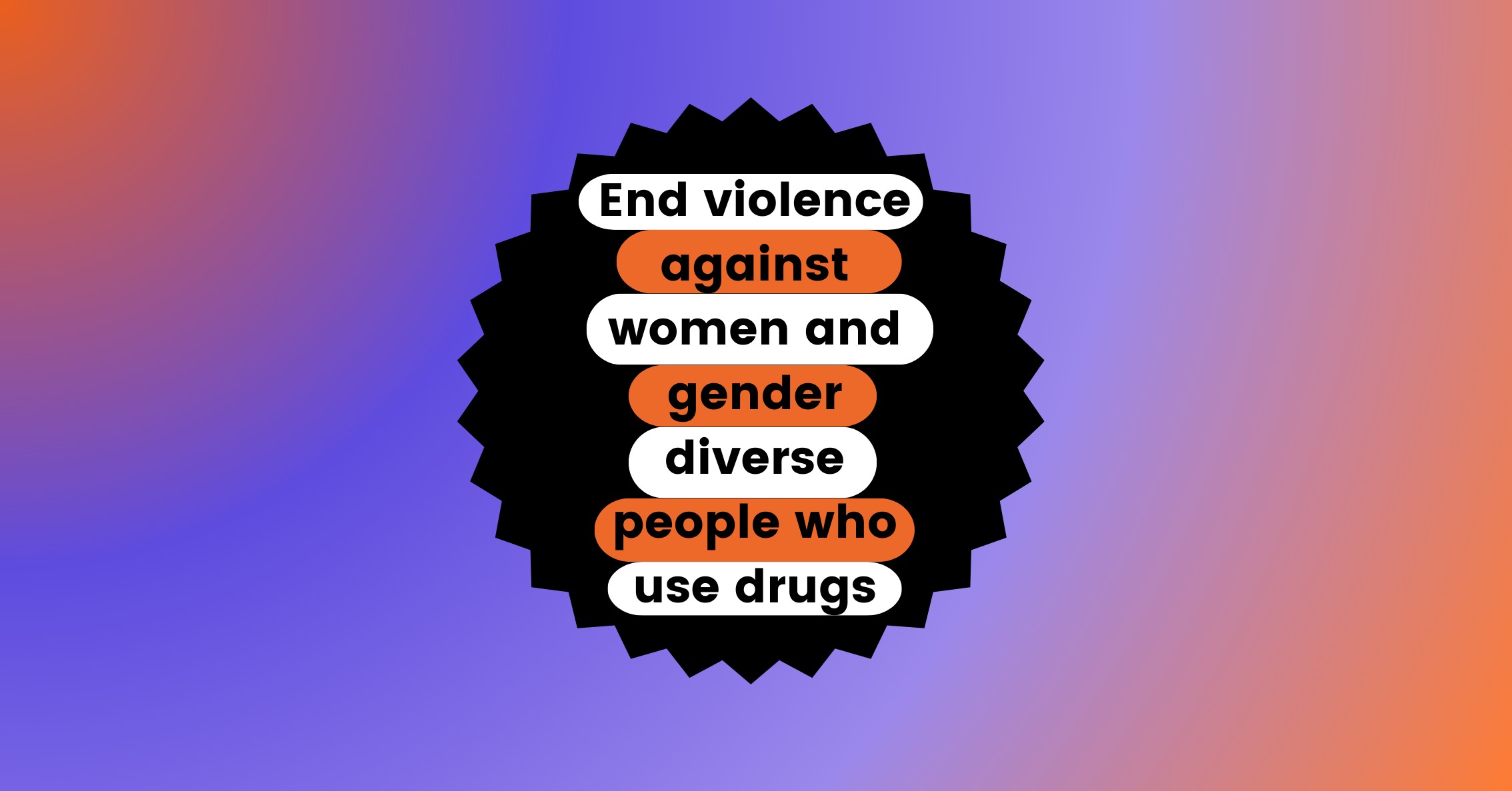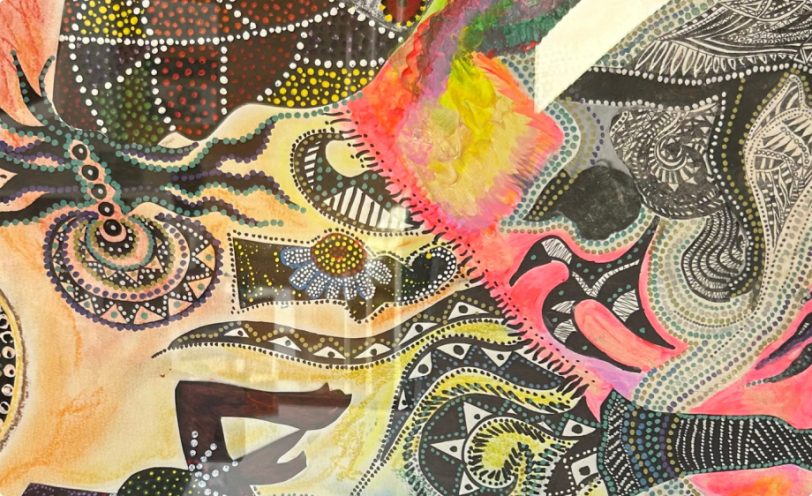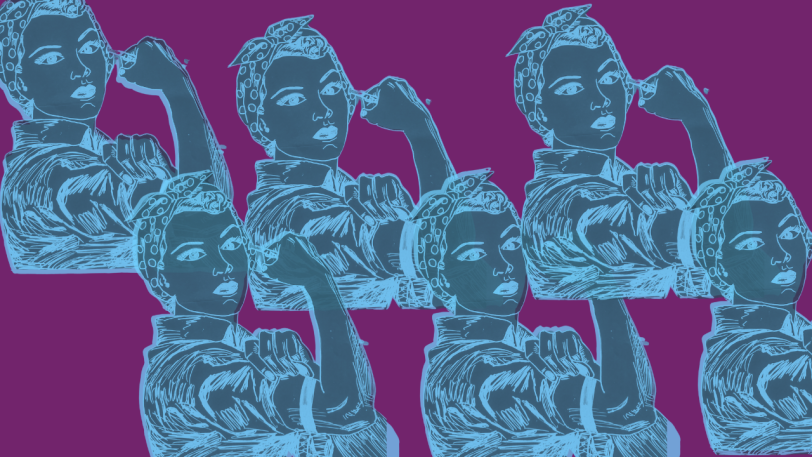Campagna per eliminare la violenza contro le donne e le persone di genere diverso che fanno uso di droghe
Criminalizzazione
Stigma e discriminazione
Donne che usano droghe
19 Gen 2024

Con la Campagna internazionale per l'eliminazione della violenza contro le donne 2023, la Women and Harm Reduction International Network (WHRIN) e la Australian Injecting and Illicit Drug Users League (AIVL) con i partner della campagna YouthRISE, EuroNPUD ed EWNA chiedono la fine di tutte le forme di violenza contro le donne e le persone di genere diverso che fanno uso di droghe. La campagna EVAWUD sottolinea la necessità di porre fine alla violenza contro le donne e le persone di genere diverso che fanno uso di droghe e di migliorare le politiche sulle droghe da una prospettiva femminista, dei diritti umani e della riduzione del danno.

Le donne e le persone di genere diverso che fanno uso di droghe sono soggette a livelli estremi e a un'ampia gamma di violenza a causa delle norme patriarcali combinate con il divieto punitivo di alcune droghe. Lo stigma guidato dallo Stato, la criminalizzazione, le norme di genere dannose e la corruzione causano danni sostanziali alla salute e alla sicurezza. Questi agiscono come barriere per le donne e le persone di genere diverso che fanno uso di droghe nell'accedere a servizi critici di riduzione del danno e violenza di genere (GBV).
Le donne e le persone di genere diverso che fanno uso di droghe subiscono violenza di genere fino a 25 volte il tasso sperimentato dalle donne nella popolazione generale. Questa violenza include, (ma non è limitata a) esecuzioni extragiudiziarie, pena di morte, sterilizzazione forzata e coercitiva e aborto, stupro, molestie sessuali, perdita della custodia dei figli, percosse, incarcerazione per possesso o uso personale, penalizzazione per uso di droga in gravidanza, insieme ad altri tipi di violazioni di genere, stigma e discriminazione.
Le donne e le persone di genere diverso che fanno uso di droghe in tutto il mondo possono affrontare detenzioni arbitrarie, estorsioni, violenza della polizia, torture e maltrattamenti, con oltre un terzo delle donne in carcere per reati di droga e con l'incarcerazione delle donne per reati di droga in aumento a livello globale. da 53% dal 2000.
A causa della cosiddetta "guerra alla droga", le sopravvissute hanno poche risorse e spesso nessun supporto, in particolare nei casi di violenza da parte della polizia, delle guardie carcerarie e del personale dei centri di "trattamento" obbligatorio. Le esperienze di violenza contro le donne che usano droghe sono ancora più estreme per coloro che affrontano oppressioni intersezionali come le donne di colore, le prostitute o le donne trans. Inoltre, i giovani affrontano maggiori barriere nell'accesso ai servizi essenziali per la salute e la riduzione del danno a causa di politiche e leggi sulle restrizioni di età, che colpiscono le giovani donne e le persone di genere diverso.
WHRIN, AIVL e i partner sottolineano che, collaborando con gruppi di donne e persone di genere diverso che fanno uso di droghe e documentando azioni e servizi guidati dai pari, le risposte appropriate a queste disuguaglianze e violazioni risultano chiare.
Un coinvolgimento significativo della comunità deve essere la pietra angolare di tutte le buone pratiche di risposta nello sviluppo di servizi GBV. Poiché la criminalizzazione dell'uso di droghe rappresenta una barriera primaria tra le donne e le persone di genere diverso che usano droghe e il raggiungimento dei diritti umani, tra cui il diritto alla sicurezza, all'accesso alla riduzione del danno e ad altri servizi sanitari essenziali.
È inoltre imperativa la depenalizzazione che rimuove tutte le sanzioni e punizioni, compresi i programmi di trattamento forzati o imposti dal tribunale, per tutte le persone che usano droghe e tutti i tipi di droghe. Una depenalizzazione correttamente implementata ridurrà lo stigma e la violenza associati alla "guerra alla droga".
Sono inoltre fondamentali l'espansione della riduzione del danno e l'inclusione della prevenzione e mitigazione della violenza, nonché servizi di supporto sensibili al genere, affermativi e appropriati all'età. Si nota inoltre che la salute sessuale e riproduttiva è ora promossa come un ulteriore servizio essenziale che dovrebbe essere incorporato nella serie di servizi di riduzione del danno per le persone che fanno uso di droghe e che la fornitura di servizi di best practice integra servizi GBV completi.
AIVL, WHRIN, EuroNPUD, YouthRISE ed ENWA chiedono la fine della "guerra alla droga", per porre fine a questa violenza contro le donne e le persone di genere diverso che fanno uso di droghe. La legislazione e i principi legali, le procedure, le politiche, i programmi e le pratiche relative alla giustizia penale devono essere rivisti per determinare se sono adeguati a prevenire ed eliminare la violenza contro le donne e le persone di genere diverso che fanno uso di droghe. Se si scopre che hanno un impatto negativo, devono essere modificati per garantire che le persone che fanno uso di droghe godano di un trattamento equo e paritario.
Unitevi a noi per garantire che risorse e quadri legislativi adeguati tutelino la sicurezza e i diritti umani delle donne e delle persone di genere diverso che fanno uso di droghe.




